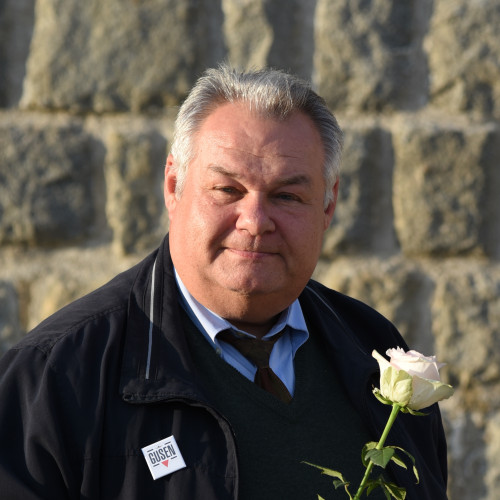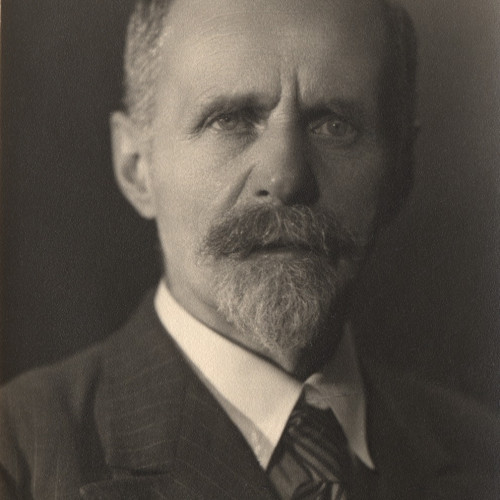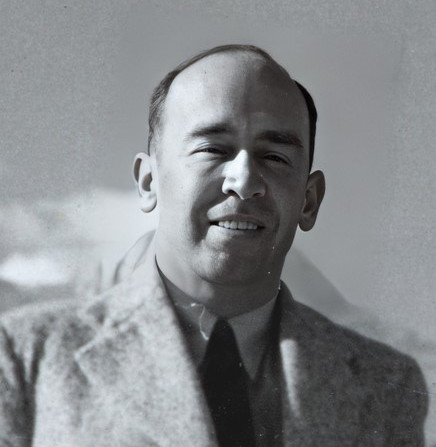Abraham Silberschein (1881—1951) - Instytut Pileckiego
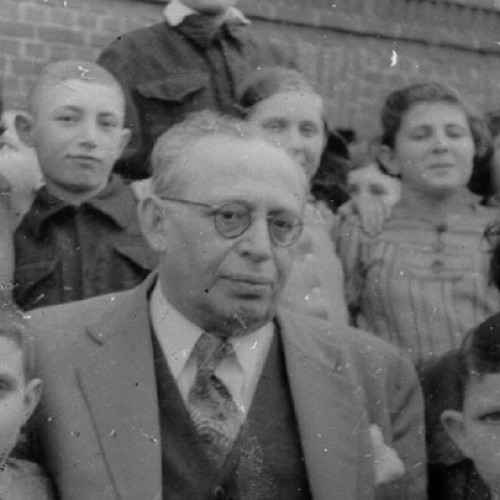
He was a member of the Ładoś Group, which issued illegal Latin American passports to European Jews. His role in the group was to provide lists and photographs of people who were to receive the passports.
Polish Zionist activist, lawyer, and politician. After Poland regained independence, he was the chairman of the Zionist Organization in Eastern Małopolska and a leading member of the Hitahdut party. Between 1922—1927 he was a member of the Polish parliament as part of the Bloc of National Minorities. He belonged to the Jewish Circle in parliament and was a member of its presidium until 1925. He started work in the top cadre of the World Jewish Congress in 1936 and went to Switzerland in August 1939.
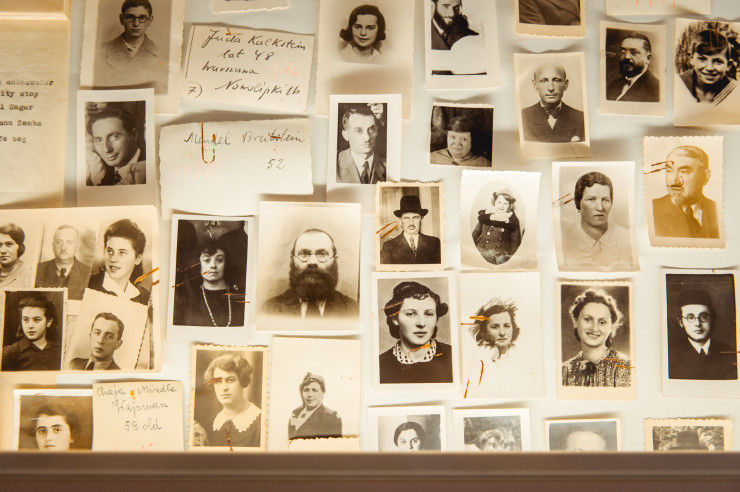
In September 1939 he founded the Relief Committee for the Warstricken Jewish Population (RELICO) in Geneva. He was a member of the Ładoś Group, which issued illegal Latin American passports to European Jews. His role in the group was to provide lists and photographs of people who were to receive the passports, to acquire funds to finance the operation and to cooperate with the Latin American diplomats. The Swiss police arrested him for a short time in 1943 as a result. He remained in Switzerland after the war and engaged in helping Holocaust survivors. He died in Geneva in 1951.
THE ŁADOŚ GROUP
The Ładoś Group, also called the Bernese Group, comprised Polish diplomats, employees of the Polish embassy in Bern, and representatives of Jewish organizations cooperating with them. The group was led by the Polish embassy’s chargé d’affaires Aleksander Ładoś. In addition to him, three other Polish diplomats at the embassy were also members of the group: Stefan Ryniewicz, Konstanty Rokicki and Juliusz Kühl, as well as two activists from Jewish organizations in Switzerland: Abraham Silberschein and Chaim Eiss.
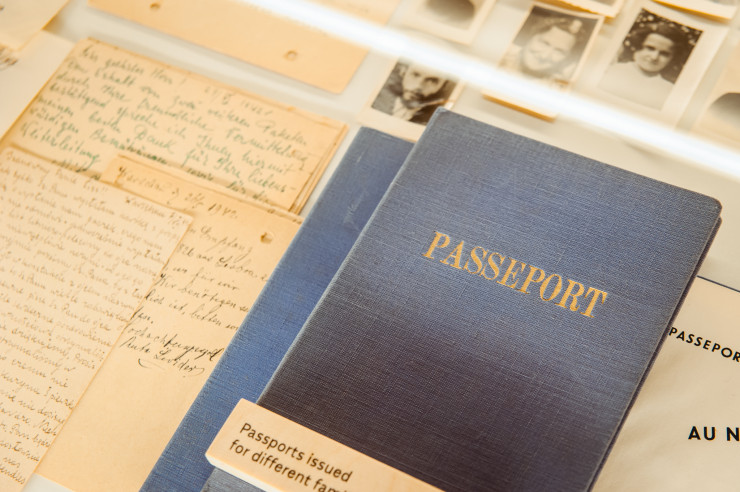
During the Second World War, the group illegally issued Latin American (mainly Paraguayan) passports. The operation was initially intended for Jews in the ghettos of occupied Poland, but over time the passports were sent to other countries such as the Netherlands. Issuing these passports to Jews greatly increased their chances of survival — the documents meant their bearers might be sent for internment instead of extermination. It is estimated that the group issued passports for up to 10,000 people.
fot.: Ghetto Fighters’ House Museum, Israel (Photo Archive)
See also
- Rudolf Haunschmied (1966)

awarded
Rudolf Haunschmied (1966)
As a six-year-old boy growing up near Gusen, Rudolf Haunschmied learned that during the Second World War the village had been the location of a German Nazi concentration camp.
- prof. Władysław Konopczyński (1880—1952)

awarded
prof. Władysław Konopczyński (1880—1952)
After the Warsaw Uprising, among the crowds expelled from the burning city were the family of a Polish-Jewish historian, Ludwik Widerszal. Konopczyński offered shelter in Młynik until the end of the war.
- Julien Bryan

awarded
Julien Bryan
(1899–1974)On 16 September 1939, the Polish Radio broadcast the following appeal: “President Roosevelt and the people of America! I speak from the besieged city of Warsaw, Poland. My name is Bryan – Julien Bryan, American photographer.
